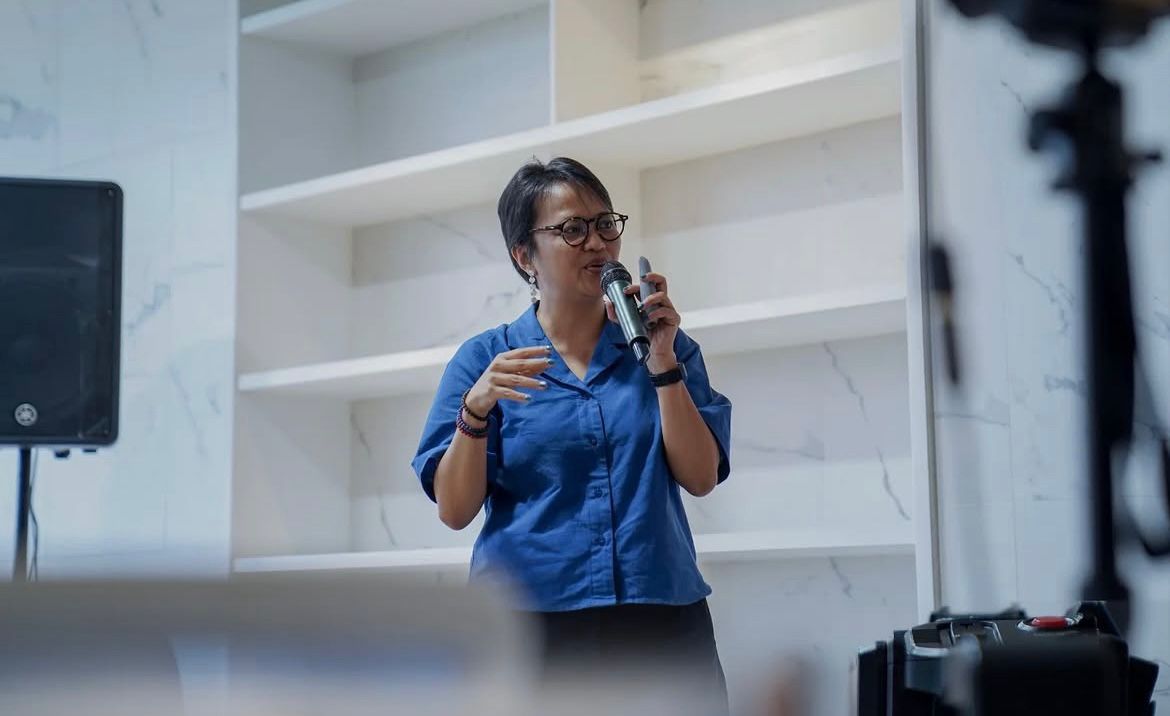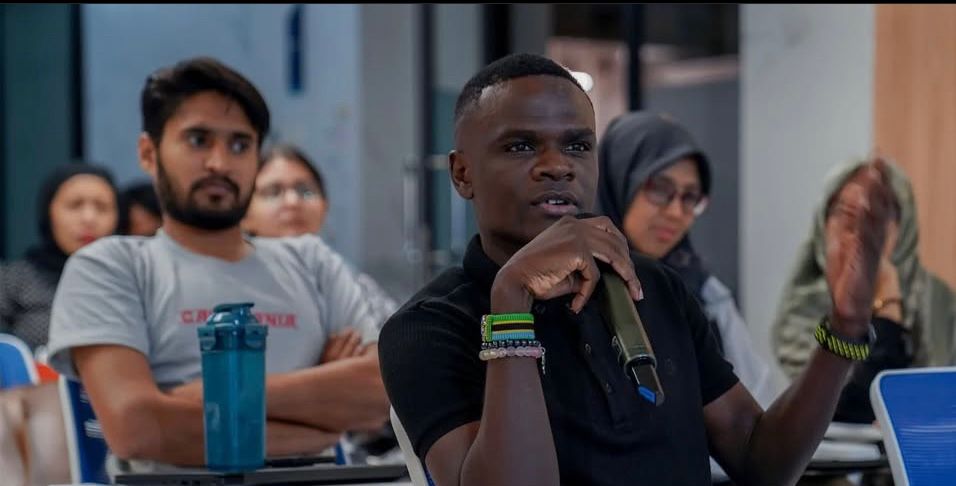Decolonizing Ethnography and Empowering Indigenous Knowledge

Depok, November 19, 2024 — The Jusuf Kalla Library at Universitas Islam Internasional Indonesia (UIII) hosted a thought-provoking book discussion on “The Notion of Collective Dignity Among Hubula in Palim Valley, Papua”, authored by Yulia Sugandi, PhD, an anthropologist from the Center for Transdisciplinary and Sustainability Sciences at IPB University in Bogor, West Java.
Dr. Sugandi, an advocate for Indigenous knowledge systems, holds a PhD in Anthropology and Sociology from the Institute of Ethnology, University of Münster, Germany. She also serves on the Governing Council of Future Earth, a global network of scientists, researchers, and innovators committed to advancing sustainability transitions.Published by MV Wissenschaft, the book offers an anthropological lens into the socio-ecological transformations faced by the Hubula, an Indigenous community in Papua. In her book, she explored how the Hubula’s cyclical relationship with land, represented by sweet potatoes (hipere) and pigs (wam), embodies an intricate socio-ecological balance. However, this balance faces significant threats from commodification, marginalization, and the pressures of individualization brought about by external development paradigms.
In her presentation, Dr. Sugandi emphasized the urgent need to transform the ways knowledge is generated, particularly in contexts involving Indigenous communities. She argued for a departure from extractive data practices toward what she described as “responsible data stewardship.” This approach, she noted, is far more than a procedural exercise, it is an iterative and proactive process designed to mitigate harm, redress inequalities, and genuinely empower the communities whose realities are being studied.
“Whose reality counts? Whose voices are amplified, and whose knowledge is prioritized?” she asked the audience, quoting Robert Chambers' seminal work. Dr. Sugandi highlighted that these questions lie at the heart of ethical and impactful ethnographic inquiry.
A key theme of the forum was how ethnography can contribute to inclusive development and bottom-up policymaking. Drawing on her fieldwork, Dr. Sugandi illustrated how ethnographic research creates what she termed “(re)framings of a social world.” These reframing, she argued, enables policymakers and organizations to comprehend the complexities of human relationships and ecological systems, fostering solutions that are not only effective but also just.
Ethnography, as Dr. Sugandi articulated, moves beyond simple observations of what people say and do. It delves into the deeper layers of worldview, socio-cultural structures, and practices that shape behaviors. “The story itself is not what matters for policymaking,” she explained. “What’s valuable is understanding what makes the story make sense and how it reveals systemic dynamics that require change.”
The Jusuf Kalla Library at UIII organized this book forum to encourage meaningful discussions on global and local challenges. Highlighting Dr. Sugandi’s work, the event aimed to connect academic research with practical solutions while fostering collaboration among scholars, students, and policymakers.
